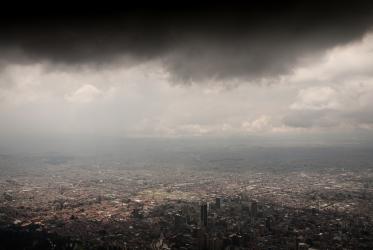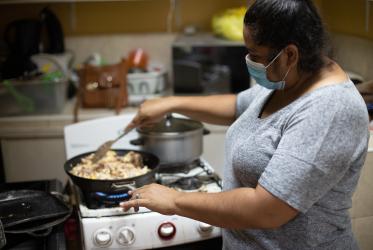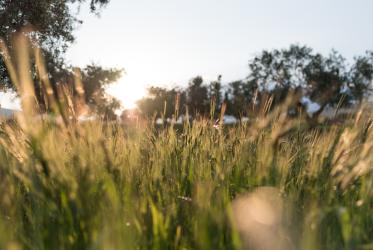Originally written in 2019, the second reflection of the “Seven Weeks for Water 2023” of World Council of Churches’ Ecumenical Water Network is by Grace Ji-Sun Kim, an ordained minister of PC (USA). She received her PhD from the University of Toronto and works as a Professor of Theology at Earlham School of Religion. She is a prolific writer and the author or editor of 21 books including, Making Peace with the Earth. Kim is part of the World Council of Churches working group on climate change. In this reflection, she recollects her early days in Korea and how she looked at the water then and now, as an eco-feminist theologian. She further reflects on the promise of God "I will pour water on the thirsty land, and streams on the dry ground…" and contrasts it with today's consumeristic lifestyle, which is polluting our water bodies and denying millions from enjoying this life-giving gift of God – Water!
27 February 2023









